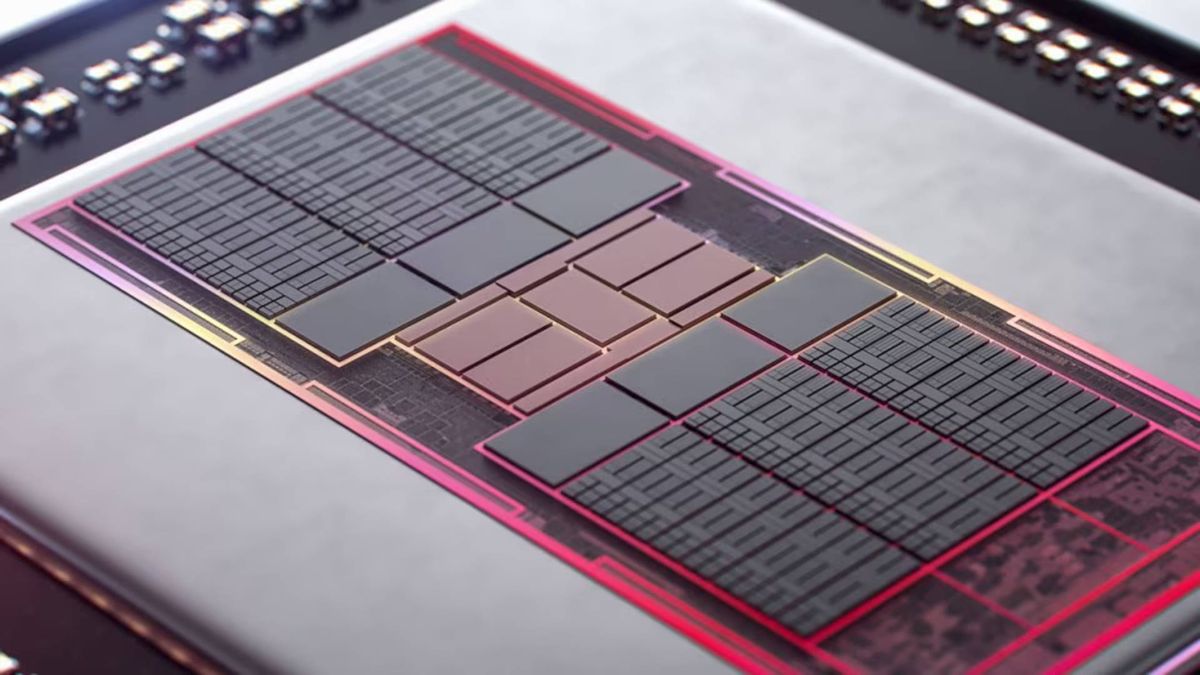Hey everyone,
I just came across some exciting news about AMD’s latest GPU strategy, and I had to share. AMD is planning to merge their RDNA and CDNA architectures into a unified system called UDNA, and it’s already causing quite a buzz in the tech community.
From the developers' perspective, this move seems to be getting a lot of love. The idea behind UDNA is to combine the strengths of RDNA, which is great for gaming, with CDNA, which is designed for compute-heavy tasks. This could mean more efficient graphics processing and better overall performance across a range of applications, from gaming to professional workloads.
I’m genuinely intrigued by this development. Merging these architectures could streamline development and provide a more cohesive experience for both gamers and professionals. However, as with any major architectural shift, there are a few things to consider. It will be crucial to see how well this integration works in practice and whether it lives up to the promises of enhanced performance and efficiency.
Also, I’m curious about how this will affect AMD’s product lineup and pricing. Will we see significant changes in how their GPUs are positioned in the market?

 www.pcgamer.com
www.pcgamer.com
I just came across some exciting news about AMD’s latest GPU strategy, and I had to share. AMD is planning to merge their RDNA and CDNA architectures into a unified system called UDNA, and it’s already causing quite a buzz in the tech community.
From the developers' perspective, this move seems to be getting a lot of love. The idea behind UDNA is to combine the strengths of RDNA, which is great for gaming, with CDNA, which is designed for compute-heavy tasks. This could mean more efficient graphics processing and better overall performance across a range of applications, from gaming to professional workloads.
I’m genuinely intrigued by this development. Merging these architectures could streamline development and provide a more cohesive experience for both gamers and professionals. However, as with any major architectural shift, there are a few things to consider. It will be crucial to see how well this integration works in practice and whether it lives up to the promises of enhanced performance and efficiency.
Also, I’m curious about how this will affect AMD’s product lineup and pricing. Will we see significant changes in how their GPUs are positioned in the market?

'From the developer's standpoint, they love this strategy'—AMD's plan to merge its RDNA and CDNA GPU architectures to a unified system called UDNA
Change is good, right?
